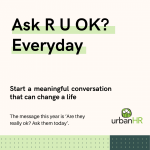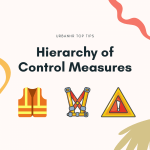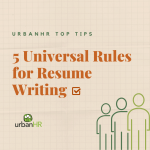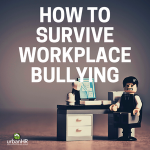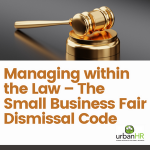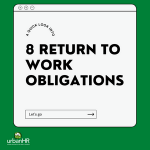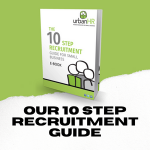
What I’ve Learned About The Law of Elephants
I started today knowing it wouldn’t be easy and knowing it was going to lose me some friends as well as colleagues.
The way I handled this conversation would possibly define how I and the HR team would be seen for months/years to come.
Today I was tasked with breaking the news to a fairly close-knit team that 3 of their jobs were on the line and they would basically have to compete with each other to hold on to their job.
This is never an easy thing to do, and certainly not a position you want to be in often but is something that often rests with the HR function to manage.
Today’s job was about telling people they may be made redundant.
HR has to have many difficult conversations with staff and managers alike and whilst I won’t preach about there being a particular way you should have a difficult conversation there are a few things you naturally have to consider before you tackle one in the HR world.
1. Have clarity
It is important to know what the issue is as well as what you would like to see going forward.
If there’s an issue with someone’s performance know exactly what it is.


2. Have examples
You’ve got to be able to list of exactly what you are talking about.
3. Don’t do it in public
No one wants to be reprimanded or pulled up in front of their colleagues and peers, take it into the office.


4. Do your research
This may be before or after you talk with the initial person as many conversations may turn into investigations and you need to go fact-finding.
5. Keep your cool
Sometimes easier said than done. Often the person you talk to will become defensive (especially if they’ve never had constructive feedback before, haven’t been managed properly for a long time, clearly believe it’s ok to discriminate etc etc).
If you lose your cool when someone argues back you allow them to have the upper hand.


6. Stick to the facts & document
Often in a performance discussion or a discussion about someone’s behaviour other irrelevant information is brought up.
I once had someone raise an issue about the other staff members being allowed to get away with something/behave in a certain way to try and justify their actions.
Bring it back to point 1, why you’re there in the first place.
If you don’t document, there will be no record for the future and you will have to start at square 1.
Last but not least, if you’re having a performance discussion or disciplinary meeting with someone you will need to ensure you follow proper protocol. This involves notificating the person about a meeting and their rights, outlining the issues you want to talk about and allowing them to respond to what you are saying. Without these, in place, you could find yourself open to unfair dismissal or bullying and harassment claims.
No one ever said being a manager or an HR Advisor was easy!
As always, should you need some help, please get in touch.


